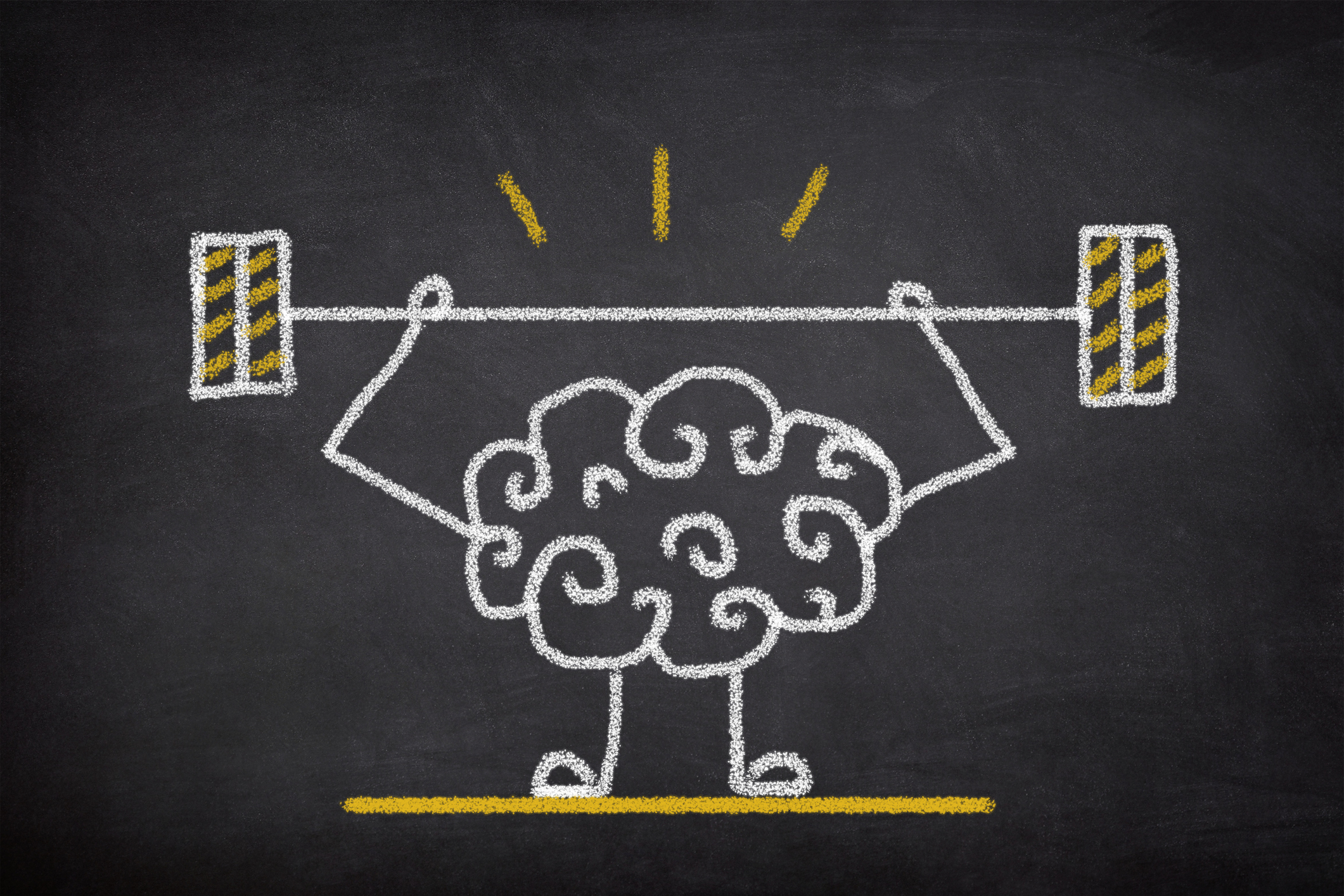Does higher educational levels reduce cognitive decline in aging? New study refutes this belief.

A large international study has challenged one of the most widely held beliefs about brain aging: that a higher level of education protects against cognitive decline with age. The study, published this Monday in the journal Nature Medicine , concludes that, although people with more years of formal education have better cognitive abilities at the beginning of adulthood, their rate of cognitive decline is no slower than that of those with less formal education.
The work was led by the University of Oslo (Norway), within the framework of the European Lifebrain consortium, with the participation of the Guttmann Institute and the University of Barcelona (UB). The authors consider it "one of the largest studies on cognitive aging conducted to date," according to both institutions in a statement.

Study concludes that a higher level of education does not reduce the rate of cognitive decline with age. Photo: iStock
The research was based on a longitudinal analysis of data from 170,000 people from 33 Western countries. In total, more than 420,000 neuropsychological examinations and brain imaging studies were processed, allowing the researchers to examine the effects of educational level on cognitive function and brain structure over time, from a broad perspective and comparing different populations.
One of the main findings is that, although people with higher educational levels tend to perform better on tests of memory and other cognitive functions, this does not translate into slower decline with age.
As researcher David Bartrés-Faz, a member of the UB team, explained: “Once this starts, you're going to face the same obstacles as everyone else, and they're going to affect you in the same way as everyone else.”
From Spain, the Institut Guttmann contributed 966 participants through the Barcelona Brain Health Initiative (BBHI) cohort, while the University of Barcelona recruited another 161 subjects. These volunteers completed cognitive assessments focused on four key areas: memory, reasoning, processing speed, and language.
In addition, a subgroup of 6,472 individuals underwent brain MRI to measure intracranial volume and the size of brain regions critical to memory, such as the hippocampus and prefrontal cortex.
Better memory, but same deterioration trajectory The results indicated that participants with a higher level of education showed better memory and slightly larger intracranial brain volume. They also had slightly larger volumes in memory-sensitive brain areas. However, these initial differences did not influence the rate of cognitive aging or the progression of brain deterioration. In other words, all groups experienced cognitive decline and structural changes in the brain that evolved very similarly over time.

Higher educational attainment is associated with better memory, but it doesn't slow memory loss with age. Photo: iStock
The study shows that, although education remains a relevant factor for brain health, it does not act as a shield against the deterioration associated with aging. Therefore, the authors emphasize the importance of adopting a broader perspective that includes multiple protective factors.
Among the recommendations outlined by the researchers are promoting physical activity, ongoing cognitive stimulation, maintaining active social relationships, and preventing vascular risk factors. "Although promoting education remains essential, it is not sufficient for healthy aging," the study team concludes.
More news in EL TIEMPO *This content was rewritten with the assistance of artificial intelligence, based on information from Europa Press, and reviewed by the journalist and an editor.
eltiempo




%3Aformat(jpg)%3Aquality(99)%3Awatermark(f.elconfidencial.com%2Ffile%2Fa73%2Ff85%2Fd17%2Fa73f85d17f0b2300eddff0d114d4ab10.png%2C0%2C275%2C1)%2Ff.elconfidencial.com%2Foriginal%2Fde0%2F795%2Ff0e%2Fde0795f0ee8b74b069056a5abbd7fe1a.jpg&w=3840&q=100)
%3Aformat(jpg)%3Aquality(99)%3Awatermark(f.elconfidencial.com%2Ffile%2Fa73%2Ff85%2Fd17%2Fa73f85d17f0b2300eddff0d114d4ab10.png%2C0%2C275%2C1)%2Ff.elconfidencial.com%2Foriginal%2F427%2F830%2F172%2F427830172db2bfc501f331c414c75d54.jpg&w=3840&q=100)